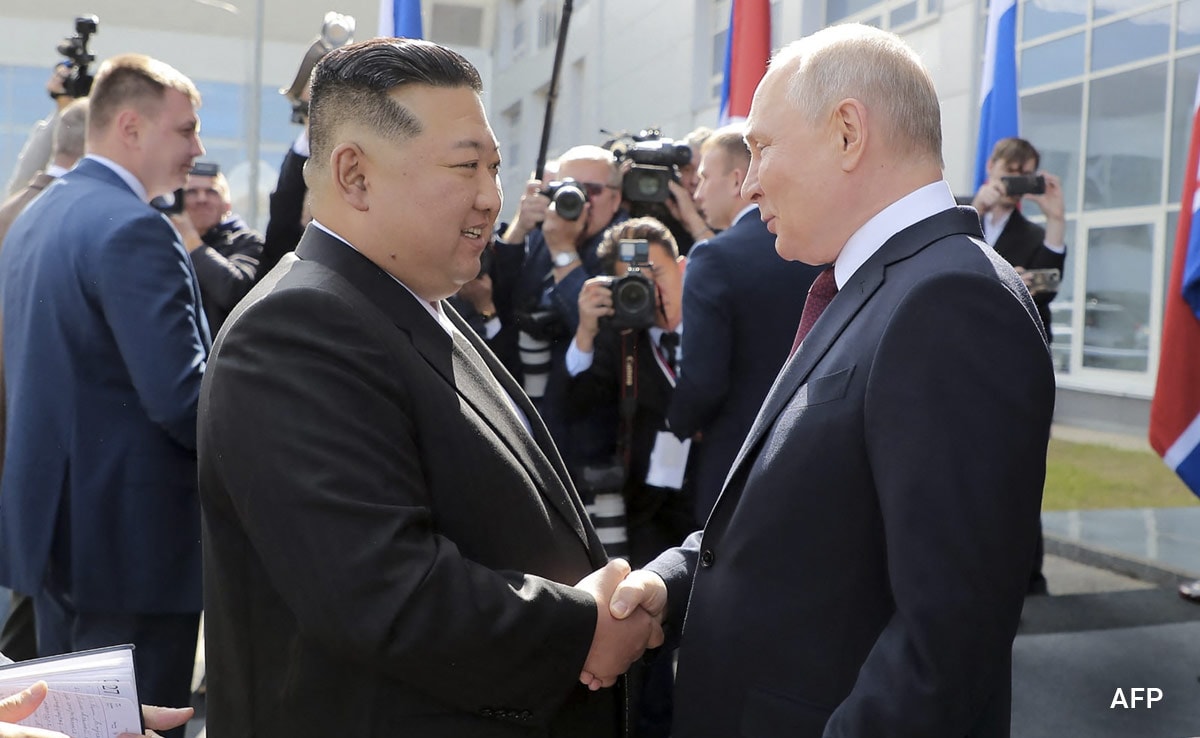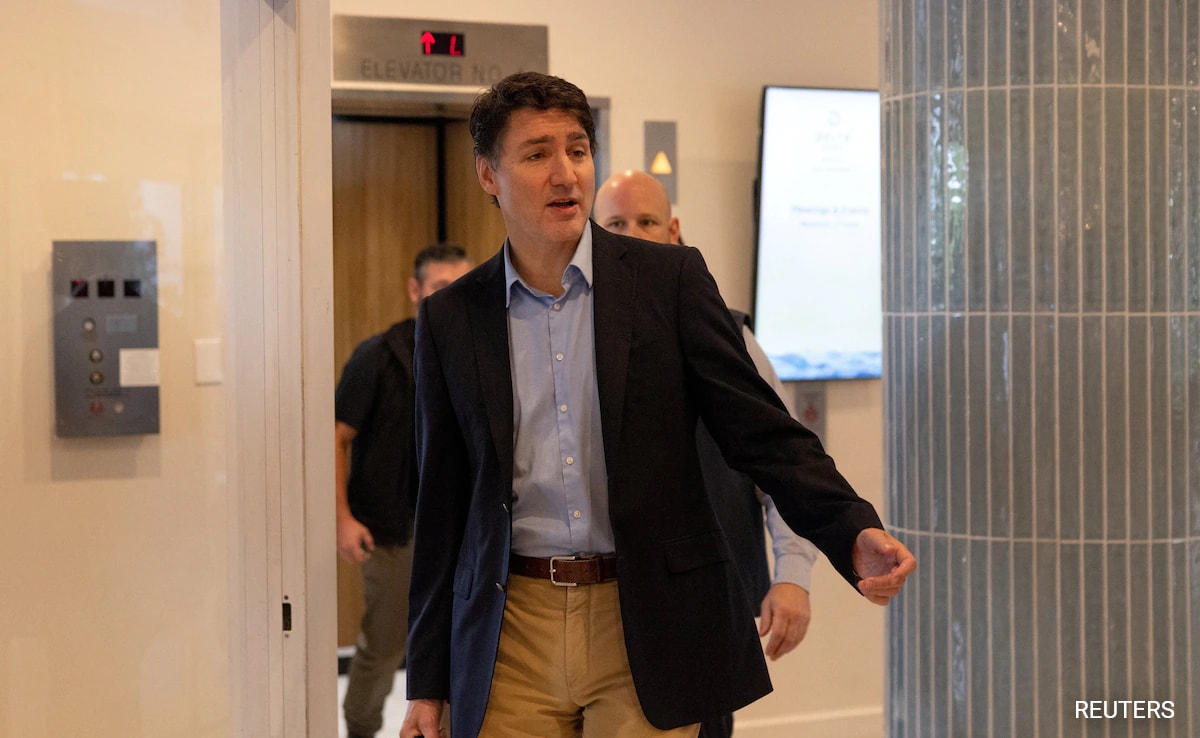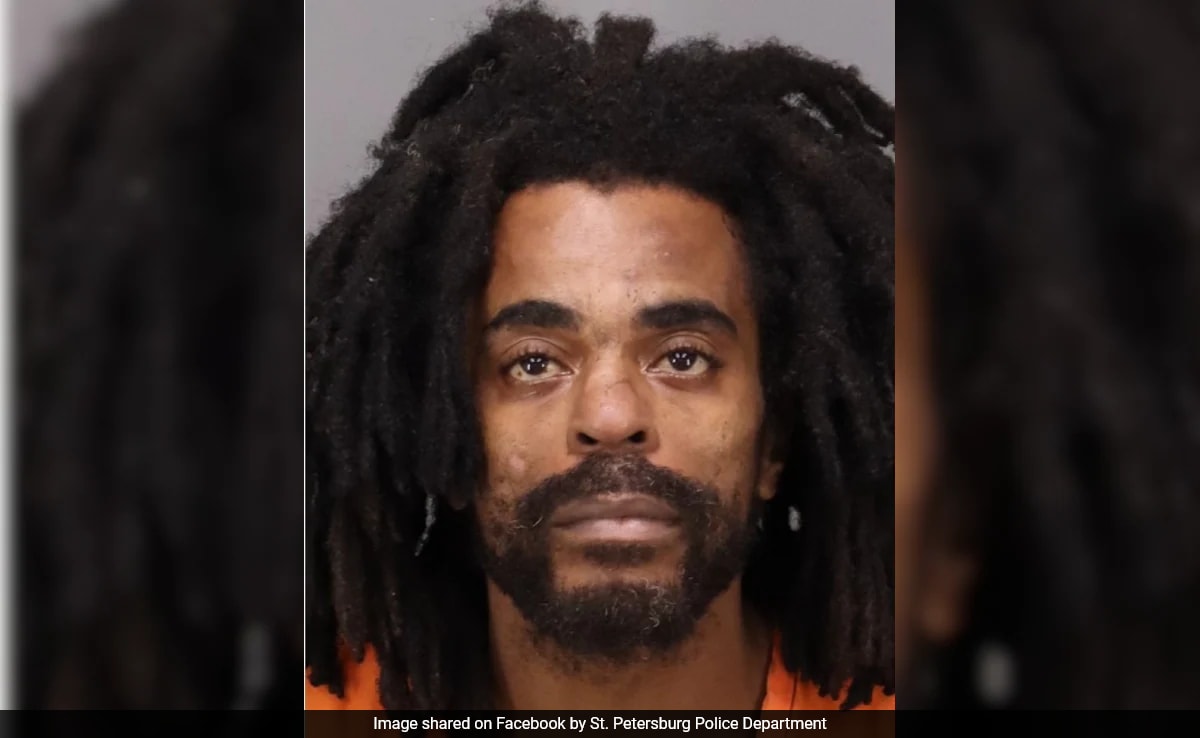Elite company: Elon Musk, centre, with U.S. President-elect Donald Trump, left, and Vice President-elect J.D. Vance, right, at an event in Maryland in December.
| Photo Credit: AP
Last month, in the waning days of the Biden administration in the U.S., the Securities and Exchange Commission (SEC) set a tight deadline demanding that billionaire Elon Musk pay a settlement or face civil charges relating to alleged securities violations during his $44 billion takeover of Twitter in 2022.
Mr. Musk broke the news himself in a social-media post: “Oh Gary, how could you do this to me?” he wrote, referring to SEC Chairperson Gary Gensler.
He added a smiley-face emoji but attached a legal letter condemning the “improperly motivated” ultimatum: “We demand to know who directed these actions — whether it was you or the White House.”
An SEC spokesperson declined to comment on the incident. The White House did not respond to a request for comment.
The SEC is not the only investigative agency Mr. Musk has defied and accused of political harassment. The owner of Tesla and SpaceX has long railed against government oversight, portraying himself as a victim of bureaucratic zealots stifling his companies’ potentially life-saving innovations.
The White House will soon be occupied by Donald Trump — whom Mr. Musk spent more than a quarter-billion dollars to help elect — replacing Joe Biden, who appointed Mr. Gensler. Mr. Trump has already named a new SEC chair to replace Mr. Gensler, who plans to resign when Mr. Trump is inaugurated.
Ongoing cases
Mr. Musk’s potential to have extraordinary clout with the new administration raises questions about the fate of federal investigations and regulatory actions affecting his business empire, of which at least 20 are ongoing, according to three sources familiar with SpaceX and Tesla operations and the companies’ interaction with the U.S. government, as well as five current and former officials who have direct knowledge of individual probes into Mr. Musk’s companies.
The inquiries include examinations of the alleged securities violations; questions over the safety of Tesla’s Autopilot and Full Self-Driving systems; potential animal-welfare violations in Neuralink’s brain-chip experiments; and alleged pollution, hiring-discrimination, and licensing problems at SpaceX.
Mr. Musk, Tesla, SpaceX, and Neuralink did not respond to comment requests.
A Trump-transition spokesperson called Mr. Musk a “brilliant” entrepreneur and said that Mr. Trump’s administration would ensure law and order, “treating all Americans equally.”
Since the election, Mr. Musk has called himself Mr. Trump’s “first buddy,” frequented Mr. Trump’s Florida Mar-a-Lago club, shared Thanksgiving with the President-elect’s family, and weighed in publicly on his Cabinet appointments.
Mr. Trump has appointed Mr. Musk to co-lead a new “Department of Government Efficiency,” a private entity advising on slashing budgets and regulations. It remains unclear what authority the role will carry.
Mr. Musk has touted his newfound influence and given specific examples of how he might use it. Before the election, Mr. Musk said he would seek to use his efficiency-czar post to advance national driverless-vehicle regulations that would almost certainly benefit Tesla and eliminate “irrational” rules such as one resulting in a pollution fine against SpaceX.
National Highway Traffic Safety Administration (NHTSA) officials have repeatedly scrutinised Tesla for nearly a decade, at times enraging Mr. Musk. During one 2016 call, he screamed profanities at regulators launching the first of several investigations into Tesla’s Autopilot driver-assistance system after a fatal crash, according to two people familiar with the matter. There are currently five ongoing and open NHTSA probes covering driver-assistance technology and other operations in Tesla vehicles.
The Musk-related cases could languish or be dropped by Trump-appointed agency and department heads, current and former U.S. officials say.
Mr. Trump’s Department of Justice (DOJ) picks, for example, include lawyers who defended him in criminal and impeachment trials and a nominee for FBI chief whom Mr. Musk vocally supported and who has repeatedly vowed to pursue Mr. Trump’s enemies, one current and three former DOJ officials say.
Lower-level DOJ officials could also exercise prosecutorial discretion to avoid aggressively pursuing Musk companies in light of his relationship with Mr. Trump, said Barbara McQuade, a former U.S. attorney in Detroit during the Obama administration who also worked as a federal prosecutor during the George W. Bush and Clinton administrations. “To the extent they want to please the boss, I think they know how to do that.”
Some legal experts downplayed the risk of political interference from Mr. Musk, noting that an investigation’s lack of progress could signal insufficient evidence.
It is also possible that prosecutors who believe they have strong cases will push forward regardless of Mr. Musk’s role, some legal experts say.
“I do not think there is as much risk of Musk infiltrating to influence cases,” said Robert Frenchman, a defence lawyer at Dynamis in New York. “Most prosecutors bring cases they think they can win.”
Representatives of the DOJ and all departments and agencies with pending inquiries into Mr. Musk or his companies did not comment on the probes or their ability to enforce regulations against Trump allies during his second term. The Environmental Protection Agency and NHTSA has said they would continue fulfilling their legal and regulatory responsibilities.
Published – January 03, 2025 11:30 am IST













